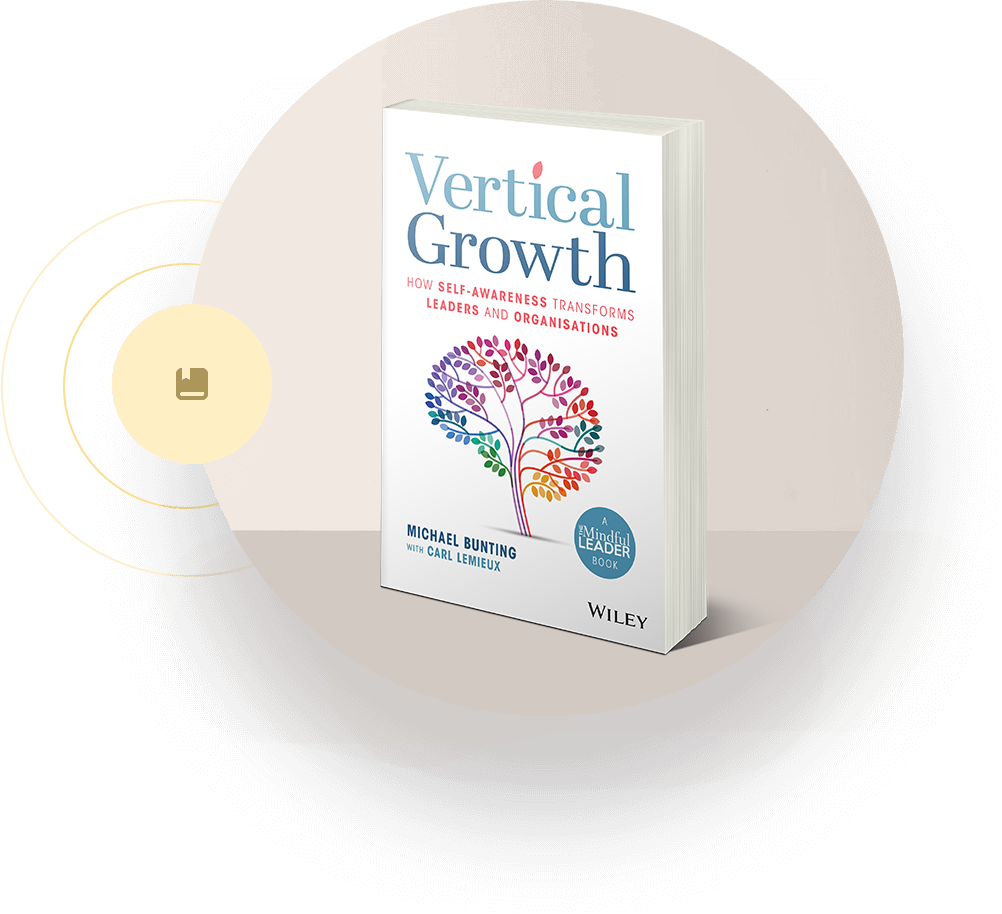A professor of Buddhism once visited a Japanese Zen master. After listening to the professor’s impressive level of intellectual knowledge of Zen, the master served tea. When his visitor’s cup was full, the master kept pouring. Tea spilled out of the cup and over the table.
‘The cup is full!’ protested the professor. ‘No more will go in!’
‘Like this cup,’ said the master, ‘you are full of your own opinions and speculations. How can I show you Zen unless you first empty your cup?’
This story illustrates the differences between ‘expert’s mind’ and ‘beginner’s mind’. When we view the world through expert’s mind, we think we know all the answers and are therefore closed to new possibilities. Our perspective becomes rigid, fixed and calcified. In this perspective, mindful leadership is next to impossible.
In beginner’s mind, we view the world and our experiences with an innocent mind devoid of preconceptions, expectations, judgements and prejudices. Attitudinally, beginner’s mind is beautifully summed up in these words by Socrates: ‘I would rather be proved wrong than right.’ It is to explore and observe things with a deep sense of openness, much as a child explores the world with curiosity and wonder and no fixed point of view.
In expert’s mind, we are terrified of, “I don’t know.” But in beginner’s mind, we recognise that “I don’t know” is powerful, for it is the beginning of wisdom. Whenever you admit that you don’t know something, it’s a good sign that new insights and understanding will follow.
For many leaders, feeling we don’t know is scary, because we’re expected to have the answers. People look to us for guidance, so we often pretend to know more than we do because we think that having the answers is what gives us credibility. In fact, the opposite is true.
Most of the time, when we think we know, we don’t really know at all. All we know are our past impressions of a situation that is happening now, the conclusions we came to on previous occasions, or judgements about similar events or circumstances that happened in the past.
“I know” can actually be a great handicap that keeps us entrenched in the past and out of the present. It allows for nothing new—no surprises, insights or discoveries. Fresh insights and wisdom remain elusive because we are locked into fixed judgements of the past. This is the furthest thing from mindful leadership.
As Kevin Pickhardt, the CEO of Pharos, a print management company in the US, put it,
“If we’re going to view ourselves as either expert or beginner, I’d rather err on the side of beginner. As soon as we see ourselves as experts, learning begins to slow. I like to embrace learning—it keeps us young and sharp and helps us create the culture we want, which means not assuming we know the answers.”
As a core practice of mindfulness and mindful leadership, beginner’s mind is the art of questioning all of one’s assumptions, beliefs and interpretations as a means of opening up space in the mind for a deeper wisdom to arise. Watch. Stay patient with the sometimes disorienting sense of the unknown. The critical moments of insight come when you least expect them—when your mind is truly open.
Taking time to allow that space to open up is vital for mindful leadership. Libby Klingberg, owner of Explore & Develop North Ryde and Macquarie Park Childcare Centres, told me that for her the ability to slow down and give herself time to make decisions has been a primary benefit of her mindfulness practice and its effect on her mindful leadership. As she put it,
“I now give myself more time to come up with the right answers and find the right direction to take my staff in. I used to think I needed fast and decisive action. Now I am more likely to say, ‘I am not sure right now. I would like to think about this and I will get back to you.’
“And when people who expect immediate responses are not happy about this, I have found that I do not have the same emotional response when I have allowed myself more professional breathing room.”
With the humility of beginner’s mind, the possibilities of mindful leadership are truly boundless. The new frontiers that await humanity lie beyond the reach of expert’s mind and on the edges of beginner’s mind. The attitude cultivated by the mindful leaders is expressed by Nikkyo Niwano, who, after a lifetime of mindfulness practice, said, ‘I am beginning today. I am a lifetime beginner.’








